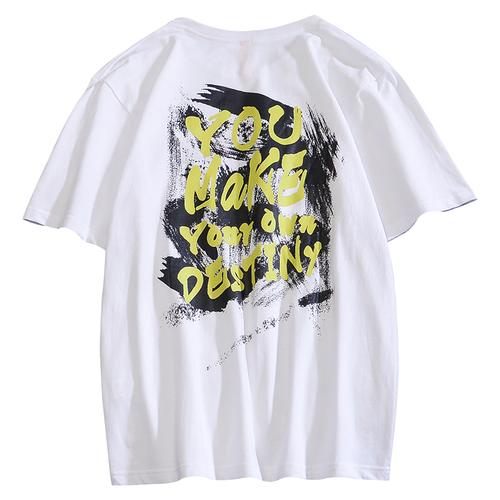Organic cotton is an important ecological fabric made from cotton grown according to organic farming principles. Organic cotton is produced without the use of chemical pesticides, fertilizers and genetically modified technologies, which can reduce pollution to soil and water resources and protect the health of farmers and workers. In addition, organic cotton reduces the need for deforestation to grow cotton because organic farming typically uses bark-free, less damaging farming methods.
In addition to organic cotton, there are other ecological fabric options, such as:
1. Hemp fiber: Hemp fiber is a natural renewable fiber, and its production process is environmentally friendly. Hemp plants grow quickly and do not require large amounts of water or pesticides, and their fibers are also very breathable and hygroscopic.
2. Flax fiber: Flax fiber is fiber extracted from the stems of the flax plant. It is a natural biodegradable fiber. The flax plant has a short growth cycle and does not require a lot of water and pesticides. Its fiber has good air permeability and moisture absorption.
3. Biodegradable fiber: Biodegradable fiber is a fiber that can decompose under natural conditions, including degradable plastic fibers and natural fibers. These fibers can be converted into beneficial substances through the process of biodegradation, reducing environmental pollution.
4. Regenerated fiber: Regenerated fiber is fiber made by recycling and reprocessing waste textile or fiber materials. The production process for recycled fiber is relatively low-energy, reducing the need for virgin resources.
When choosing sustainable fabrics, you need to comprehensively consider factors such as the impact of the production process on the environment, the reproducibility and degradability of the fiber, and the performance and quality of the fabric. . By choosing ecological fabrics, we can reduce the negative impact on the environment and promote sustainable development.







